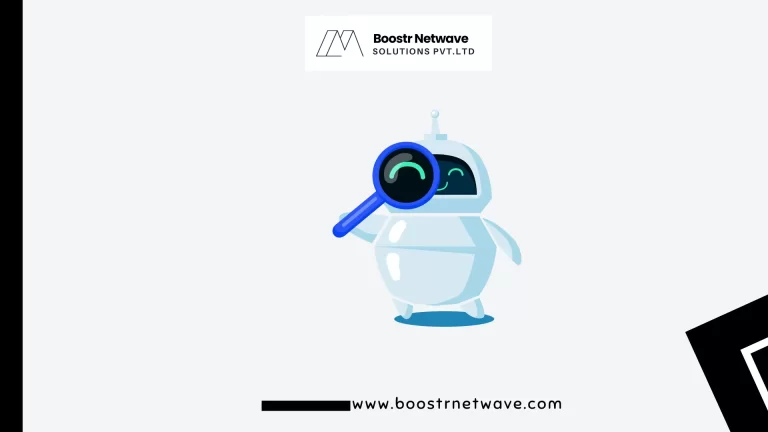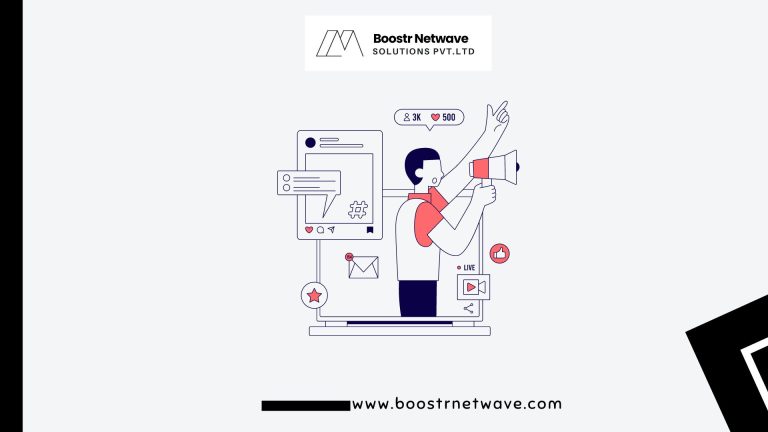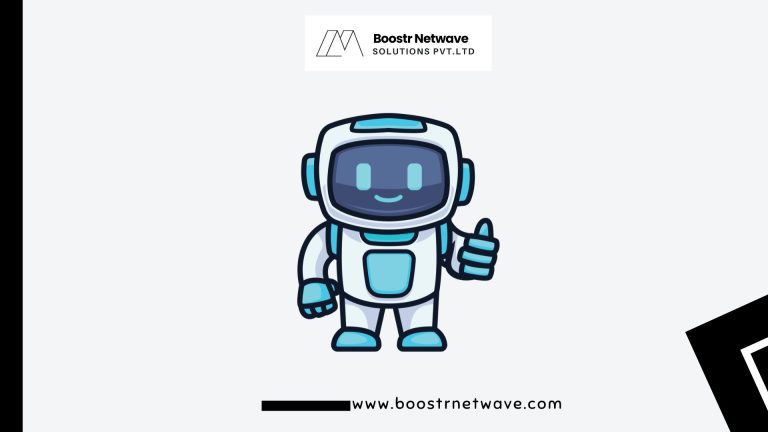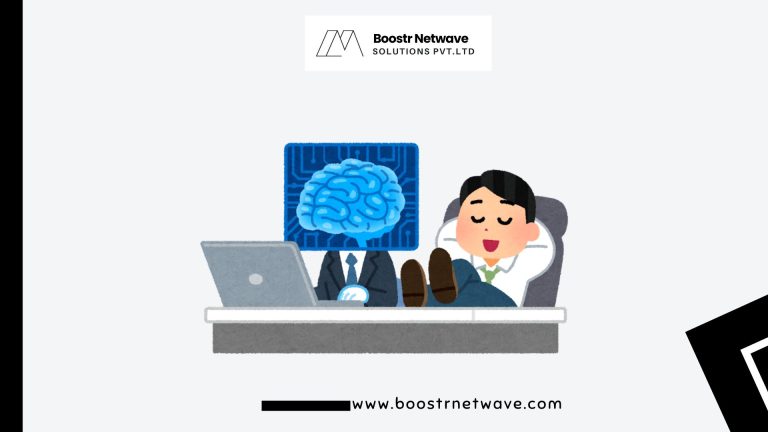Utilizing data analysis, machine learning is a potent tool for digital marketing that helps forecast customer behavior and enhance advertising efforts. It may surprise you to find that machine learning is used by Spotify to create customized playlists for users, Amazon to promote products to customers, and Netflix to customize content recommendations.
According to a Salesforce survey, 51% of marketers currently utilize artificial intelligence in some capacity, and another 27% intend to do so within the next two years. You may save time and money by using machine learning algorithms to analyze consumer journeys, forecast trends, and personalize content. In this post, you learn 6 ways to use machine learning algorithms for marketing
What is Machine Learning for Marketing?
Artificial intelligence known as machine learning makes it feasible for computer programs to grow and learn on their own without needing to be explicitly programmed.
Machine learning is used in digital marketing to analyze enormous volumes of data to find trends, generate predictions, and obtain insights.
For example, a digital marketing team might use machine learning algorithms to examine consumer behavior data, including browsing and purchase histories, social media activity, and activity, in order to determine which goods and services are most likely to be attractive to them.
To increase the probability that those customers will become consumers, this information can be used to optimize marketing activities, such as developing customized email campaigns or targeted advertisements. Digital marketers can benefit from machine learning by using data-driven insights to optimize their tactics and make better decisions.
How To Use Machine Learning Algorithms For Marketing?

By discussing the basics and uses of machine learning in marketing, let’s look at some practical strategies for using these algorithms to improve your advertising.
Data Collection and Integration
The first step in using machine learning algorithms to marketing is to collect and compile pertinent data from multiple sources, such as social media platforms, CRM systems, website analytics, and outside sources. Make sure your data is clear, accurate, and complete because machine learning model performance is directly impacted by the quality of your data.
Model Training and Evaluation
Depending on your goals, the following stage after collecting your data is to train machine learning models using supervised, unsupervised, or reinforcement learning techniques. Analyze your models’ performance using metrics like F1 score, accuracy, precision, and recall, and make iterative adjustments to improve them.
Campaign Optimization
Use machine learning models that have been trained to optimize several parts of your marketing efforts, like content recommendations, email personalization, and ad targeting. To maximize ROI and meet your marketing goals, keep an eye on the effectiveness of your campaigns and make necessary model adjustments based on feedback and insights from real-time interactions.
Customer Insights and Segmentation
Gain an in-depth knowledge of the needs, preferences, and behaviors of your customers by utilizing machine learning techniques. Segment your audience according to psychographic, behavioral, and demographic characteristics to provide each segment with a customized experience and marketing messages that speak to them.
Predictive Analytics and Forecasting
Use machine learning’s predictive power to predict changes in the market, sales trends, and customer behavior. Machine learning models can offer insightful analysis and predictive insights to guide your marketing strategy and decision-making by sorting through past data and identifying patterns.
Marketing Automation and Optimization
Automate repetitive marketing tasks and processes using machine learning-powered tools and platforms. From automated email marketing campaigns to AI-driven chatbots, leverage automation to streamline your workflows, deliver personalized experiences at scale, and optimize your marketing efforts for efficiency and effectiveness.
Conclusion
At the end, machine learning algorithms have become efficient tools for marketers to improve their approaches, get superior outcomes, and maintain their competitive edge. Through the utilization of machine learning for data analysis, automation, and predictive modeling, companies can open up new avenues for expansion, creativity, and consumer interaction in the ever-changing field of digital marketing.
Ready to boost your business Schedule a meeting now and let’s discuss your growth strategy! 📈🙂
Frequently Asked Questions
How can machine learning algorithms improve marketing ROI?
Machine learning algorithms can enhance marketing ROI by optimizing campaign targeting, personalizing customer experiences, and forecasting future trends with greater accuracy.
What are some examples of machine learning applications in marketing?
Examples include predictive analytics for customer churn prediction, personalized recommendations for product recommendations, and sentiment analysis for social media monitoring.
How can businesses overcome challenges in implementing machine learning for marketing?
Businesses can overcome challenges by investing in data infrastructure, talent development, and collaboration between marketing and data science teams.
Are there any ethical considerations to keep in mind when using machine learning in marketing?
Ethical considerations include data privacy, algorithmic bias, and transparency in how machine learning models are used to influence consumer behavior.
What are the key benefits of leveraging machine learning in marketing?
Key benefits include improved targeting and personalization, enhanced customer insights, automation of repetitive tasks, and better ROI on marketing investments.
How can businesses measure the success of their machine learning-driven marketing initiatives?
Businesses can measure success through key performance indicators (KPIs) such as conversion rates, customer lifetime value, return on ad spend (ROAS), and customer satisfaction metrics.





